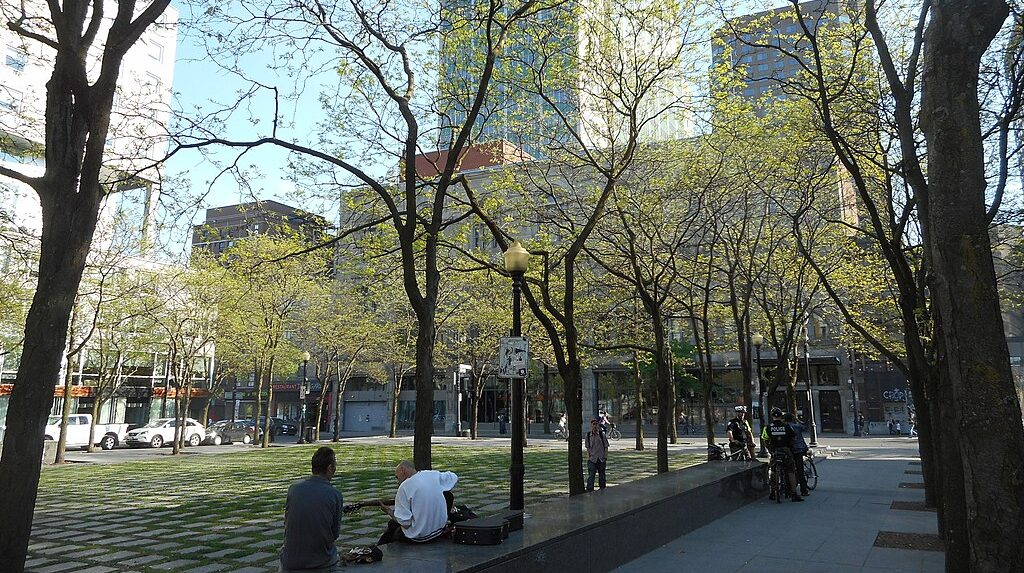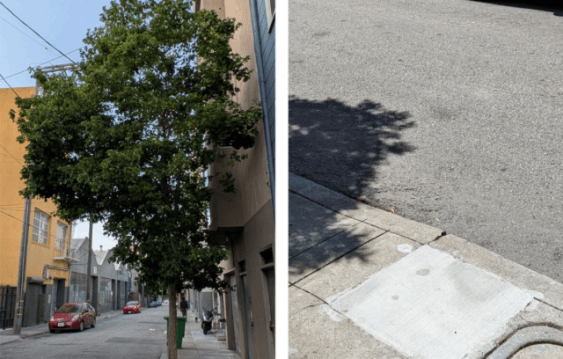Minimum parking requirements are, essentially, a tax on development meant to encourage driving. The cost of housing and offices rises and the difference in rents and sales prices is plowed into new automobile infrastructure. But there is perhaps no other American entitlement as fiercely defended as this widely misunderstood car subsidy.
Take this case from Seattle, where the city is considering eliminating parking minimums in areas with frequent transit service. The Seattle Times is making no bones about where it stands: for the public -- even those without a car -- ponying up five-figure sums to build unnecessary levels of parking, and for all the harm that parking causes in the form of increased auto dependency and pollution.
The newspaper called Mayor Mike McGinn's common-sense plan to let developers near transit stops determine how much parking their tenants will need "utopian and anti-family." Huh?
Erica C. Barnett at Seattle Network blog PubliCola reports:
The idea is that if buyers want to live in a condo without paying an extra $10,000 to $25,000 or more for parking, developers should be free to give them that option.
But the Times —echoing its totally nonbiased front-page coverage of the issue a few weeks ago, complete with the headline, “Parking around Seattle may get worse as city planners favor transit”— insists on government intervention. If homebuyers don’t want parking, and developers want to give homebuyers what they want, then only city bureaucrats can force developers to provide the unwanted parking spaces.
“It is utopian,” the Times writes, ”to think that many people will abandon their cars. A few will, but the vast majority who can afford market-priced housing in Seattle will have a motor vehicle, now and always. If they have a vehicle, they will park it — somewhere.”
If the Times is right, of course — if “the vast majority” of Seattle residents are “always” going to have a car — then the market, being the market, will provide parking for them. Nothing in the legislation the council is considering prevents that. All the proposal does is give developers some flexibility to provide less parking in cases where the demand for one parking space per unit isn’t there — something the ordinarily pro-free-market Times should be willing to get behind.
If the city of Seattle follows the terrible advice of its newspaper of record, it will end up like Chicago, requiring more parking than residents of transit-accessible neighborhoods demand. That's bad for residents. It's bad for business. And it's bad for the city. What a shame that Seattle can't count on its paper of record to understand the virtues of free markets and sustainability.
Elsewhere on the Network today: Greater City Providence wonders if the Rhode Island Department of Transportation understands the concept of induced demand. Portland Transport reports that the new, much-hyped car-sharing service car2go comes with a smart parking innovation. And Bike Lane Living celebrates the power of cycling to lower Americans' healthcare burden.






